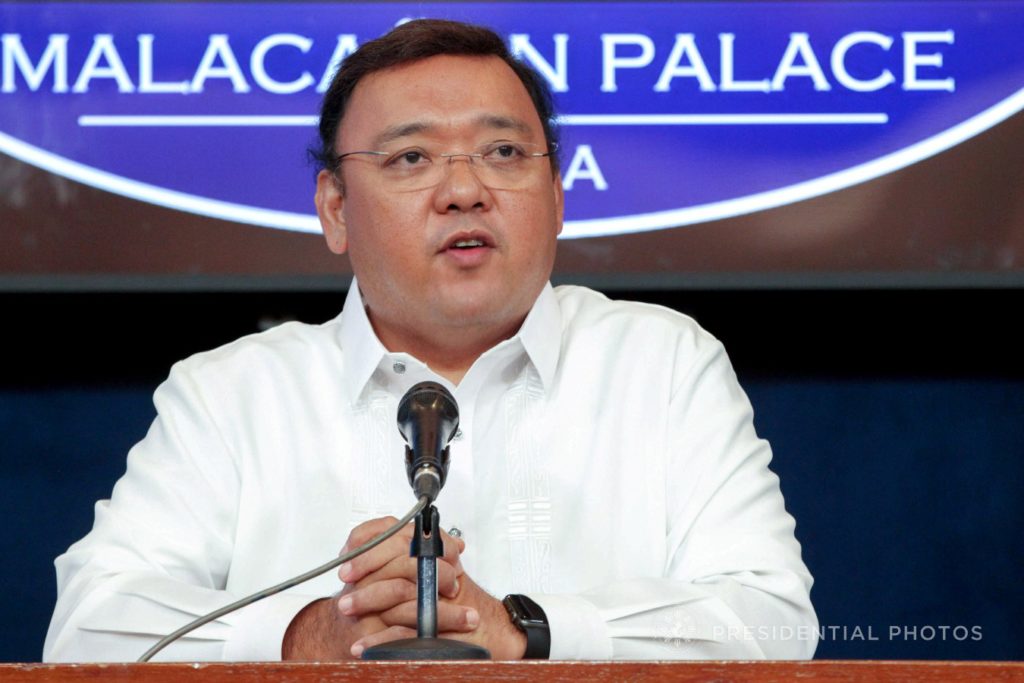
MANILA — Malacanang on Monday attributed a Social Weather Stations (SWS) survey showing significant reduction on number of families who experienced involuntary hunger to President Rodrigo Duterte’s promise of change.
“Obviously there’s fewer people perceiving themselves as being hungry because there are fewer people who are hungry. Change has come,” Presidential Spokesperson Harry Roque said in a Palace press briefing.
Based on SWS survey conducted March 23 to 27 this year, the number of families who experienced involuntary hunger has declined from 15.9 percent in December last year to 9.9 percent or 2.3 million families.
The SWS said the number was the “only second time hunger has been in the single-digit range since March 2004”.
Out of the 9.9 percent, SWS found that 8.6 percent or 3.6 million families have experienced moderate hunger while 1.3 percent (306,000) families suffered severe hunger in the first quarter this year.
According to SWS, Metro Manila had the fewest families or 6 percent (190,000 families) who felt hunger while Mindanao had 7.3 percent, Visayas had 13 percent and Balance of Luzon with 11 percent who felt hunger for the last three months.
Living up to his campaign slogan ‘Change is coming”, the administration of President Rodrigo Duterte had implemented series of reforms particularly in governance by showing political will to fight graft and corruption, illegal drugs and crimes.
The ambitious infrastructure Build, Build, Build program highlights the Duterte administration’s efforts to provide more jobs and to sustain the country’s growing economy.
Meanwhile, Roque welcomed Japan Credit Economic—Japan Credit Rating Agency (JCR)’s affirmation of the Philippines’ BBB+ credit rating and its stable outlook.
Roque said the JCR has attributed the economic growth to a solid domestic demand; the government’s comparatively sound fiscal position; as well as on the country’s resilience to external shock supported by declining external debt and accumulation of foreign exchange reserves.
The Standard and Poor’s (S & P) Global Ratings has upgraded the country’s current rating from stable to positive, citing the government’s improved policies including the implementation of Tax Reform for Acceleration and Inclusion (TRAIN) law and the build, build, build program.
Roque also welcomed the latest report that the Philippines has remained out of the US government watch list of countries with poor intellectual property rights protection and enforcement for the fourth consecutive year.
“The latest edition of the Special 301 Report released by the Office of the US Trade Representative showed that the Philippines continues to maintain a conducive environment for intellectual property through our vigorous campaign to fight counterfeiting and piracy,” Roque said.